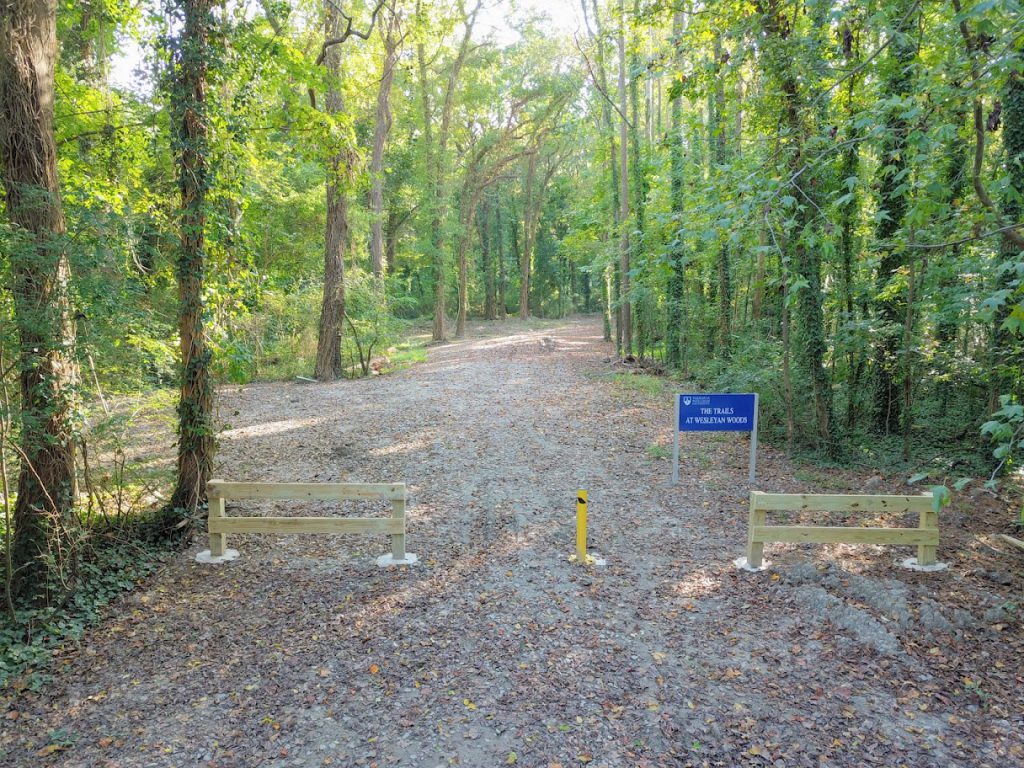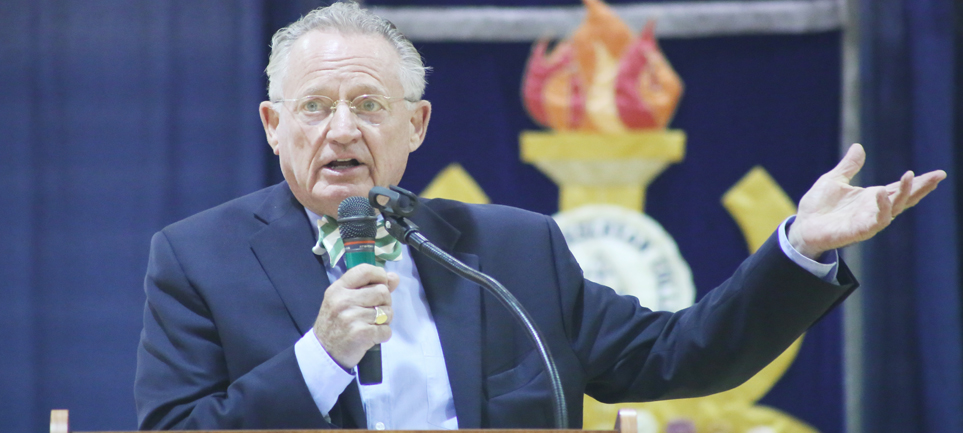The coronavirus pandemic has challenged many different institutions to find resilient ways to continue operation. Universities around the country have been no different.
Smaller, private universities like Virginia Wesleyan have needed to look to their larger communities to maintain the same level or learning and engagement.
As a result, the funds made to support higher education have become imperative in keeping them afloat. Since the announcement to transition to remote learning, VWU has found funds to supplement their finances in this trying time.
Vice President for Campus Life and Operations Keith Moore, and Vice President for Academic Affairs, Dr. Maynard Schaus detailed how the school has adapted under these conditions.
One major source of support has come from the federal government. Monday, Apr. 27, Virginia Wesleyan received its share of money in accordance with the Coronavirus Aid, Relief, and Economic Security (CARES) Act. This lump sum comes from a nearly $14 billion allocation for for colleges and universities, from the U.S. Department of Education.
Moore explained that the funds received come with stipulations as to where they can be used.
Half of this money goes directly to the institution to cover costs of the many changes in operation that have occurred amidst the pandemic. The rest, Moore said, goes directly to the students.
In addition to the $1,000 credit already awarded, students can expect more financial support in the form of a federal “grant”. A number of variables such as citizenship, commuter status, and financial aid will determine if and how much money each student can expect. In the coming weeks, students are encouraged to check their Financial Aid Self-Service Portal through WebAdvisor. Ultimately, the grants will be sent as checks.
Beyond federal supplements, the Wesleyan community has found its own ways to meet its needs in these times.
VWU has established the Student Life and Learning Fund, a pool of money needed to assist the greater Wesleyan community during this difficult transition period. One stream into this fund has come from individual donors. Moore expressed gratitude for the outpouring of support that VWU has received in contributions, noting that even a dollar can go a long way.
Another major stream into this Fund comes from the Virginia Foundation for Independent Colleges, an organization consisting of fifteen member institutions including Virginia Wesleyan University.
In response to the COVID-19 pandemic, the VFIC invited the fifteen schools to a consortium in
which they expressed the financial needs of their students. Consequently, the VFIC utilized an Emergency Assistance Fund worth $500,000 to assist with short-term relief for undergraduate students.
Matt Shank, President of VFIC, said “based on strength of the requests, each school will receive the maximum $33,333 in funding to disburse among students by April 15.”
“The VFIC intends to stand in the gap,” Shank added. “Through this funding, we can create some financial stability in the lives of our students and encourage them to look to the future with hope.”
This emergency assistance funding will be used to support students who have been burdened or impacted financially by the crisis. With donations and a portion of this VFIC allotment feeding the Student Life and Learning fund, VWU has been able to make several efforts in alleviating stressors for students and their families during this time.
Moore stated that the administration sought to identify individuals in need of support, such as those without sufficient technology for remote instruction or those who have found revenue from work study positions cut off. VWU has made it a priority to provide money, new chrome books, internet modems, and other materials to aid students.
Schaus added that the benefit of such a fund was also its flexibility. Without stipulations, Schaus went on, the fund was able to provide for miscellaneous or unexpected costs, such as accommodating international students facing troubles in this crisis.
“We’re in uncharted territory,” Schaus said, adding that he has seen nothing like this in over thirty years of experience. “Everyone is doing all they can.”
Regarding the funds, Moore emphasized the urgency of communal support. “It’s a necessity, an absolute necessity.”
In a message published on April 13, President Scott D. Miller expressed the importance of these actions. “We’ll do everything we can to position our students for success regardless of where or how instruction occurs.”
Faith Macwana
fpmacwana@vwu.edu
Alex Powers
ampowers@vwu.edu


